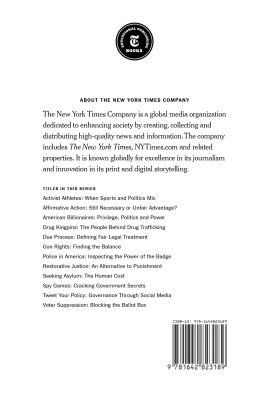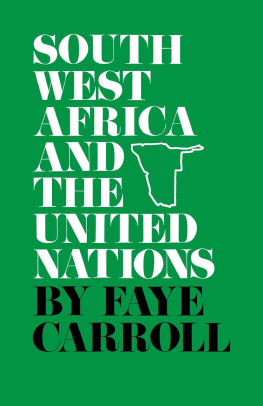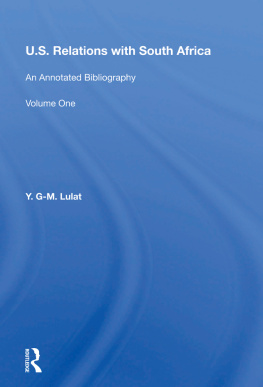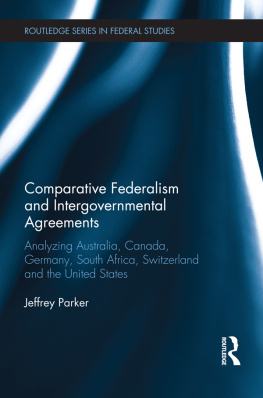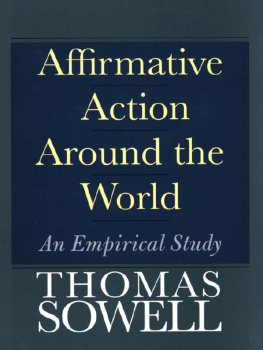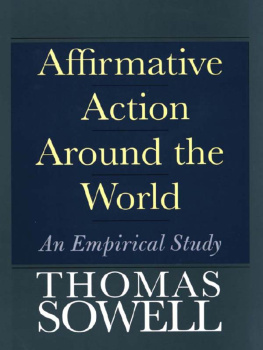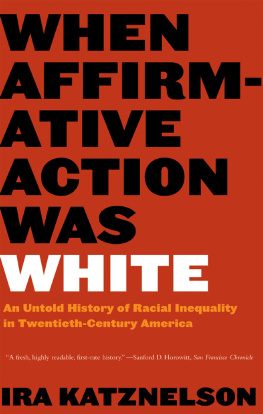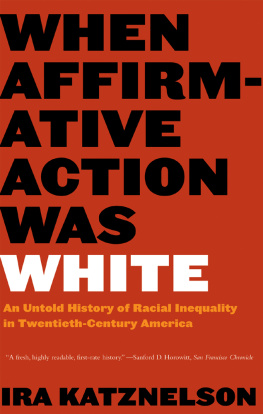
AFRICAN STUDIES
HISTORY, POLITICS, ECONOMICS, AND CULTURE
Edited by
Molefi Asante
Temple University
A ROUTLEDGE SERIES
AFRICAN STUDIES
HISTORY, POLITICS, ECONOMICS, AND CULTURE
MOLEFI ASANTE, General Editor
KWAME NKRUMAHS CONTRIBUTION TO PAN-AFRICANISM
An Afrocentric Analysis
D. Zizwe Poe
NYANSAPO (THE WISDOM KNOT)
Toward an African Philosophy of Education
Kwadwo A. Okrah
THE ATHENS OF WEST AFRICA
A History of International Education at Fourah Bay College, Freetown, Sierra Leone
Daniel J. Paracka, Jr.
THE YORB TRADITIONAL HEALERS OF NIGERIA
Mary Olufunmilayo Adekson
THE CIVIL SOCIETY PROBLEMATIQUE
Deconstructing Civility and Southern Nigerias Ethnic Radicalization
Adedayo Oluwakayode Adekson
MAAT, THE MORAL IDEAL IN ANCIENT EGYPT
A Study in Classical African Ethics
Maulana Karenga
IGBO WOMEN AND ECONOMIC TRANSFORMATION IN SOUTHEASTERN NIGERIA, 1900-1960
Gloria Chuku
KWAME NKRUMAHS POLITICO-CULTURAL THOUGHT AND POLICIES
An African-Centered Paradigm for the Second Phase of the African Revolution
Kwame Botwe-Asamoah
NON-TRADITIONAL OCCUPATIONS, EMPOWERMENT AND WOMEN
A Case of Togolese Women
Ayl La Adubra
CONTENDING POLITICAL PARADIGMS IN AFRICA
Rationality and the Politics of Democratization in Kenya and Zambia
Shadrack Wanjala Nasongo
LAW, MORALITY AND INTERNATIONAL ARMED INTERVENTION
The United Nations and ECOWAS in Liberia
Mourtada Dme
THE HIDDEN DEBATE
The Truth Revealed about the Battle over Affirmative Action in South Africa and the United States
Akil Kokayi Khalfani
THE HIDDEN DEBATE
The Truth Revealed about the Battle over Affirmative Action in South Africa and the United States
Akil Kokayi Khalfani
First published 2006 by Routledge
Published 2016 by Routledge
2 Park Square, Milton Park, Abingdon, Oxon OX14 4RN
711 Third Avenue, New York, NY, 10017, USA
Routledge is an imprint of the Taylor & Francis Group, an informa business
2006 by Taylor & Francis Group, LLC
No part of this book may be reprinted, reproduced, transmitted, or utilized in any form by any electronic, mechanical, or other means, now known or hereafter invented, including photocopying, microfilming, and recording, or in any information storage or retrieval system, without written permission from the publishers.
Trademark Notice: Product or corporate names may be trademarks or registered trademarks, and are used only for identification and explanation without intent to infringe.
Library of Congress Cataloging-in-Publication Data
Khalfani, Akil Kokayi.
The hidden debate : the truth revealed about the battle over affirmative action in South Africa and the United States / Akil Kokayi Khalfani.-- 1st ed.
p. cm. - (African studies)
Includes bibliographical references and index.
1. Affirmative action programs--South Africa. 2. Affirmative action programs--United States. 3. Social conflict--South Africa. 4. Social conflict--United States. 5. Race relations--South Africa. 6. Race relations--United States. I. Title. II. Series: African studies (Routledge (Firm)
HF5549.5.A34K49 2005
331.1330968-dc22
2005020587
ISBN 13: 978-0-415-97691-6 (hbk)
ISBN 13: 978-0-415-64830-1 (pbk)
For my children Aziza and Jakada; and my parents Bobby and Harriet Perry.
In memory of Volinda Adams Rogers Sisney, my Great Grandmother and Harriette Franks (Eubanks) Jeffreys Rogers {AKA Hattie Rogers}, my Great Great Grandmother.
Contents
The production of this book is the byproduct of innumerable hours of reading, researching, writing, reflecting, and revising, but the project would have never been complete without the insights of so many others. I thank them for reading my work and for the discourse we shared on liberty, equality, justice, and affirmative actionTukufu Zuberi, Elijah Anderson, Mary Frances Berry, Allison Gyse Johnson, Ross Johnson, Adisa Ajamu, Seth Bryant, Deborah Darrell, Gakere Ndegwa, Kim Hester Williams, Derick Perry, and many others.
Three South African students introduced me to the concept of Ubuntuthank you Fana, Abel and Majozi.
I would like to thank Molefi Kete Asante, the series editor, for believing in this project and Benjamin Holtzman, the editor from Routledge, who helped me navigate the publication process.
This research was assisted by an International Predissertation Fellowship from the Social Science Research Council and the American Council of Learned Societies with funds provided by the Ford Foundation.
Lastly, as the President and Founder of ATIRA Corp, a think tank that develops solutions to African problems worldwide, the publication of this book represents our organizational efforts to answer this call.
Motbo ke motbo ka batho
Affirmative action is the latest attempt to address the means by which life, liberty, and the pursuit of happiness might be attained.
The life we live is not any one thing, but a composite of continuous multiple life experiences at a moment in time to which we fractionally contribute and experience. Life is not something you set a goal for and then reach out and grab, yet it is, in part, that very effort that shapes our existence. Any individual life is a grain of sand in a sandstone block that builds a pyramid whose base is ever widening and whose top is never reached. Each generation attains a new perspective of the pyramid as time adds sand and blocks. Although its form and structure remain the same, the pyramid grows in size and complexity, as do our lives. The grain of sand is as important to the integrity of the pyramid as is the block to which it belongs. There is, however, a peculiar symbiotic relationship between the grain of sand and the infinity pyramid. To understand the significance of the sand grain to the pyramid, we must understand that which connects themthe block. We must also determine what forces are present that enable the millions of sand grains to constitute a block that supports other equally heavy and important blocks around and above it. In other words, what is the relationship of the sand grains to the block?
It is difficult to comprehend the totality of the pyramidlife in all its complexities. We can, and should, however, try to understand the building blocks of life. We see liberty, equality, and justice as three such blocks. This study will elucidate the forces that connect these principles to a grain of sandan individual or an aspect of a given society or community. The affirmative action debate is an aspect of life that rests on the surface of the blocks of liberty, equality, and justice. Here we aim to uncover this debates relationship to the blocks and the pyramid as a whole.


